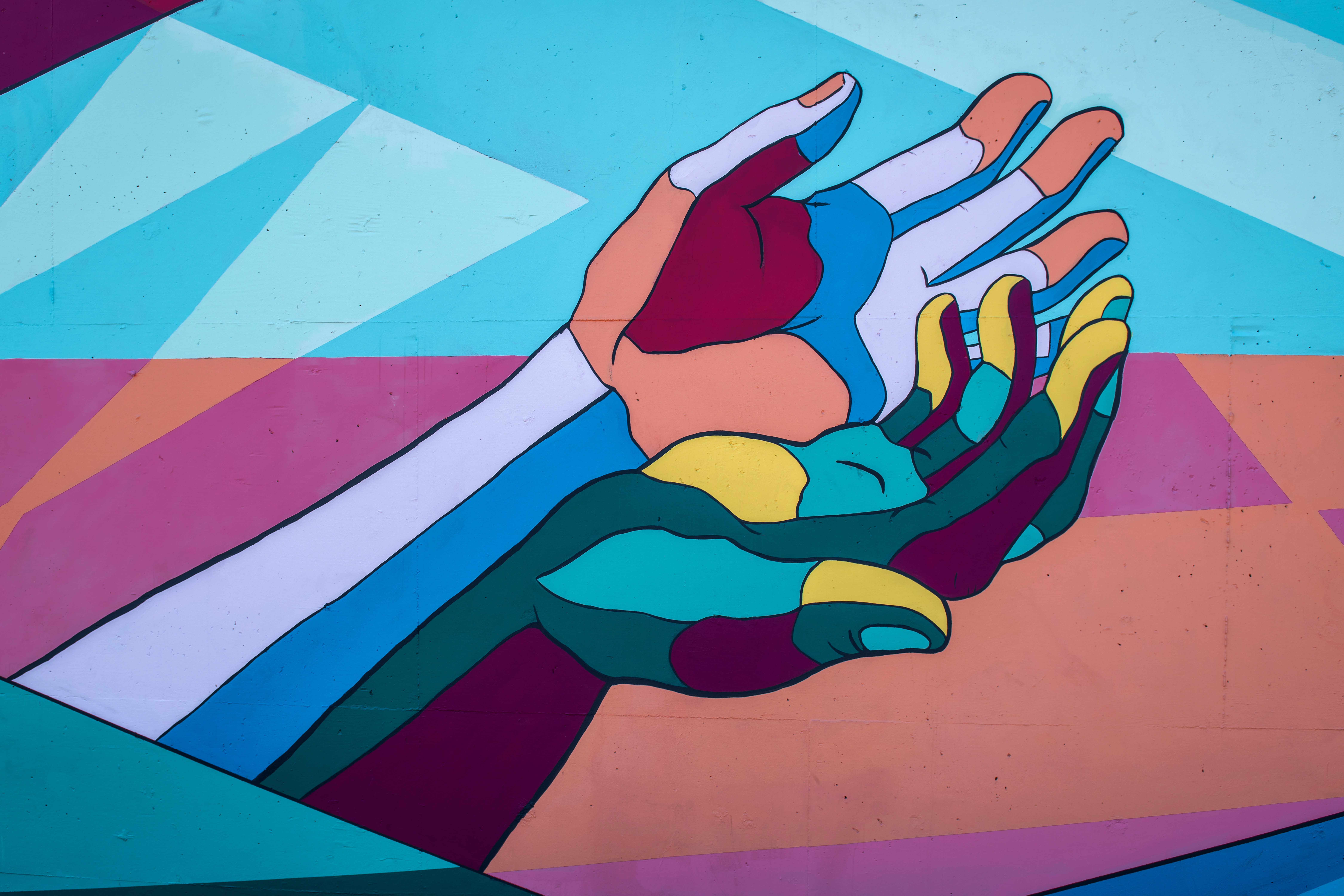 A recent study found that BPD diagnosis was higher for the LGB community than heterosexual individuals. “Health care professionals evaluating patients for factors linked to BPD might ignore environmental stressors that LGB persons face or be unable to competently assess the extent to which the behaviors signify BPD or normative reactions to stress.”
A recent study found that BPD diagnosis was higher for the LGB community than heterosexual individuals. “Health care professionals evaluating patients for factors linked to BPD might ignore environmental stressors that LGB persons face or be unable to competently assess the extent to which the behaviors signify BPD or normative reactions to stress.”
Therapist Patrick A. Roland, LASAC, with OnlineTherapy.com, believes this could be due to the marginalization LGB persons experience. “If society mistreats you your entire life and makes you feel different or less than, acting out behaviors similar to the impulsivity and lack of boundaries common to BPD make sense,” said Roland. “Gay people may lack self esteem due to disrespect by the larger society and have less stability in relationships due to years of gay relationships not being recognized. Older gay people may not view marriage as legitimate due to a lifetime of it not being legally recognized, so they might engage in more impulsive sexual activities.”
Roland believes BPD in the LGB population are misdiagnosed because of the stigmatization of that community. “Clinicians may be biased toward gay individuals due to lack of understanding of the community” added Roland. “It is easier for some to continue to stigmatize this community rather than get more knowledge about it.”
While Chelsea Rivera, Co-Founder at Honest Paws spends most of her time with the animal community, she shares her experience with people she knows. Rivera agrees with Roland that LGB people are prone to discrimination and rejection. “BPD has many causes-- some biological, but others, social,” noted Rivera. “Abuse, neglect, and childhood trauma are environmental factors that may increase the likelihood of a BPD diagnosis.This overlaps with the typical LGBT experience with up to 90% of queer students hearing slurs, and up to 25% experiencing physical violence. The number increases for transgender people.”
Noel Hunter, psychologist and director of MindClear Integrative Psychotherapy, added to Rivera's remarks regarding trauma. “Most severe diagnoses, particularly BPD, are associated with chronic experiences of trauma. This includes not only physical and sexual abuse, but also chronic discrimination, marginalization, oppression, and invalidation,” said Hunter. “When considering that almost everyone who meets criteria for a diagnosis of BPD has a long history of chronic trauma, I am not surprised that a group who experiences intense discrimination, rejection, and interpersonal trauma is more likely to meet criteria for this diagnosis.”
Combined with hearing slurs and potentially experiencing violence, it’s clear why many in the LGB community experience trauma. Heterosexual provides may not have the knowledge or experience to provide appropriate treatment. “When treatment providers are less aware of the LGB group’s specific forms of stressors, they may assess for BPD behaviors in regards to reactions to environmental stressors that are normal reactions to stress,” said Sal Raichbach, PsyD, LCSW, Director of Clinical Services, Ambrosia Treatment Center
Raichbach shares what he’s noticed in his experience. “We’ve seen LGB clients that prior therapists failed to assess for BPD. Ordinary reactions to stressors as a minority were not truly assessed in a BPD diagnosis which is why a BPD diagnosis should be based on assessing all circumstances of any LGB client.”
Even considering the trauma of the LGB community that could increase a BDP diagnosis, Rivera believes therapists may also be overdiagnosing LGBT people with BPD since it is a diagnosis clinicians still struggle to understand. “Maybe there are other factors we aren't seeing in the research that account for the higher recorded numbers of LGBT people with the diagnosis.”
Heterosexual therapists can still treat LGB clients with additional awareness and education. “As therapists, we can best account for unique challenges encountered by LGB clients through continued enhanced training, assessments, and treatment modalities that include LGB-specific training,” said Raichbach. “Customized treatment plans based on full comprehensive assessments and personalized circumstances of each client should be the hallmark for any treatment. The industry shift to better understand and account for LGB therapy needs has been gradual and continues today. For clients, the key is asking treatment providers if they have assessments and programs designed for LGB clients and if they understand normative reactions to stress faced by LGB persons before establishing a BPD diagnosis.”
Tina Arnoldi, MA is a marketing consultant and freelance writer in Charleston SC. Learn more about her and connect at TinaArnoldi.com